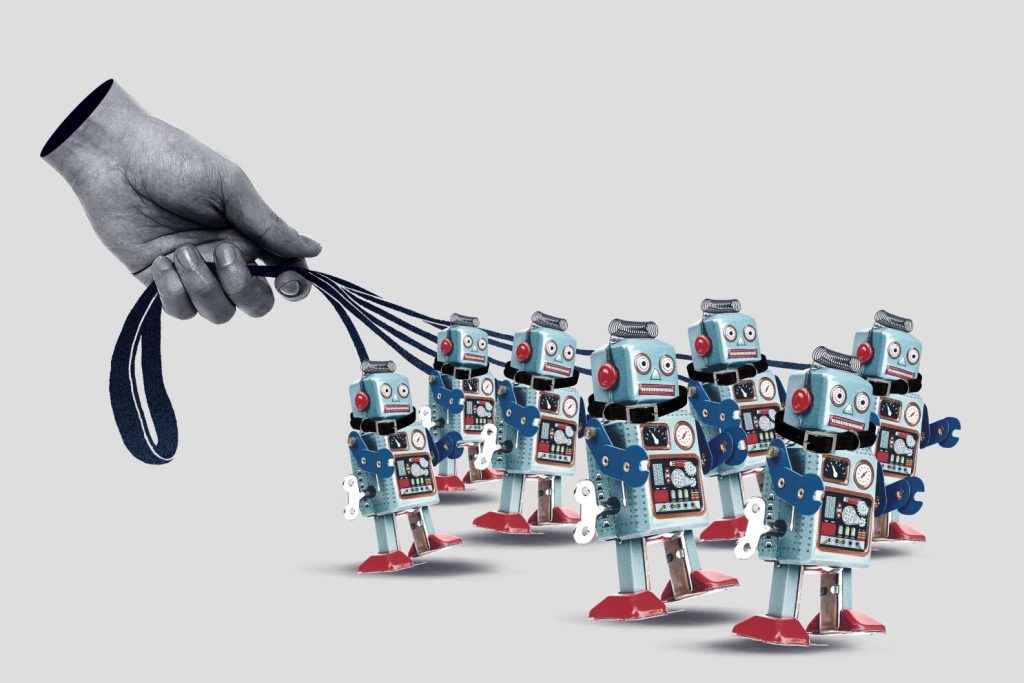College Graduates Face Struggles Finding Jobs Amid AI and Market Uncertainty

Graduates of the class of 2025 are entering a tough job market this season, with uncertainties in the economy, the rise of artificial intelligence displacing entry-level jobs, and an unemployment rate for recent grads reaching its highest level since 2021.
Jenna, 23, was excited to receive a job offer from the federal government in January. But by March, the offer was put on hold due to a federal hiring freeze initiated under President Donald Trump and further complicated by Elon Musk’s DOGE cuts.
“It’s been really disorienting,” Jenna told The Independent. “I don’t think anyone saw this coming.”
Jenna, who graduated from the University of Virginia with a degree in biology and a minor in data science, is now waiting for a full-time job opportunity.
The New York Federal Reserve recently reported a sharp rise in the unemployment rate for recent graduates, jumping to 5.8% in the first quarter of 2025, compared to 4.5% at the same time last year. The underemployment rate also rose to 41.2%, up from 40.6% in 2024.
The tech sector is feeling the impact as well, with the unemployment rate hitting 5.7% this year. Billions of dollars are being funneled into AI adoption, and many tasks typically assigned to new graduates, like clerical work and reporting, are now being automated.
Certain college majors, such as anthropology, physics, computer engineering, commercial art, graphic design, fine arts, and sociology, are seeing higher underemployment rates.
Jenna has applied to around 100 other jobs, but the competition in data science is fierce. She’s finding it difficult to stand out in front of AI systems scanning resumes.
“I have no idea what this AI is trained to look for,” she said. “I don’t know the buzzwords or the algorithms… It feels like it’s even more of a gamble.”
She also fears that AI will eventually take over the work she hopes to do.
“What can I, as a human and recent grad, do that a robot won’t take over?” she questioned.
Her concern is valid. The unemployment rate in the tech sector has surged as AI continues to replace entry-level tasks. While the World Economic Forum estimates AI will create 170 million new jobs, it predicts that the displacement of 92 million jobs will result in a net job increase of 78 million.
Jesse Zmick, 34, is graduating with a master’s degree in cybersecurity this summer from Old Dominion University. While he acknowledges the challenges posed by AI, he’s more focused on navigating the current job market.
Zmick, who works in systems administration and cybersecurity at the University of Virginia, says his peers are struggling to land jobs due to the ongoing economic situation and the increasing automation of entry-level positions.
“If I were looking for an entry-level role right now, I’d be worried,” he said, noting that tech companies are scaling back after overhiring during the pandemic.
Jenna’s plan to navigate the uncertain job market is similar to the strategies of millennials who graduated during the 2008 recession. She’s working on earning extra certifications to make herself more appealing to recruiters, planning to move back home to northern Virginia once her college job ends, and considering graduate school, possibly abroad.
“I don’t have the experience or credentials, like a master’s in data science, to land some of the positions others are seeking,” Jenna said.

